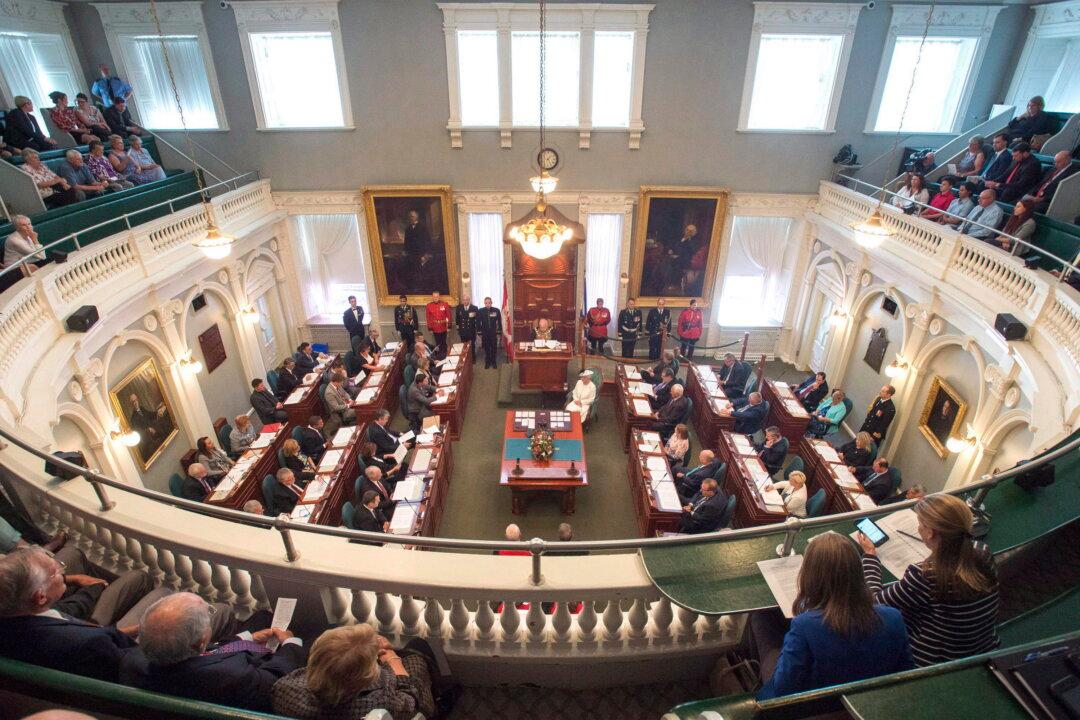News Analysis
Governing parties may call early elections for a variety of reasons. These could include seeking a stronger mandate, receiving assurance from the electorate ahead of a major change, or the sense that popular support has peaked. For Nova Scotia Progressive Conservative (PC) Premier Tim Houston, the third reason seems most likely.





